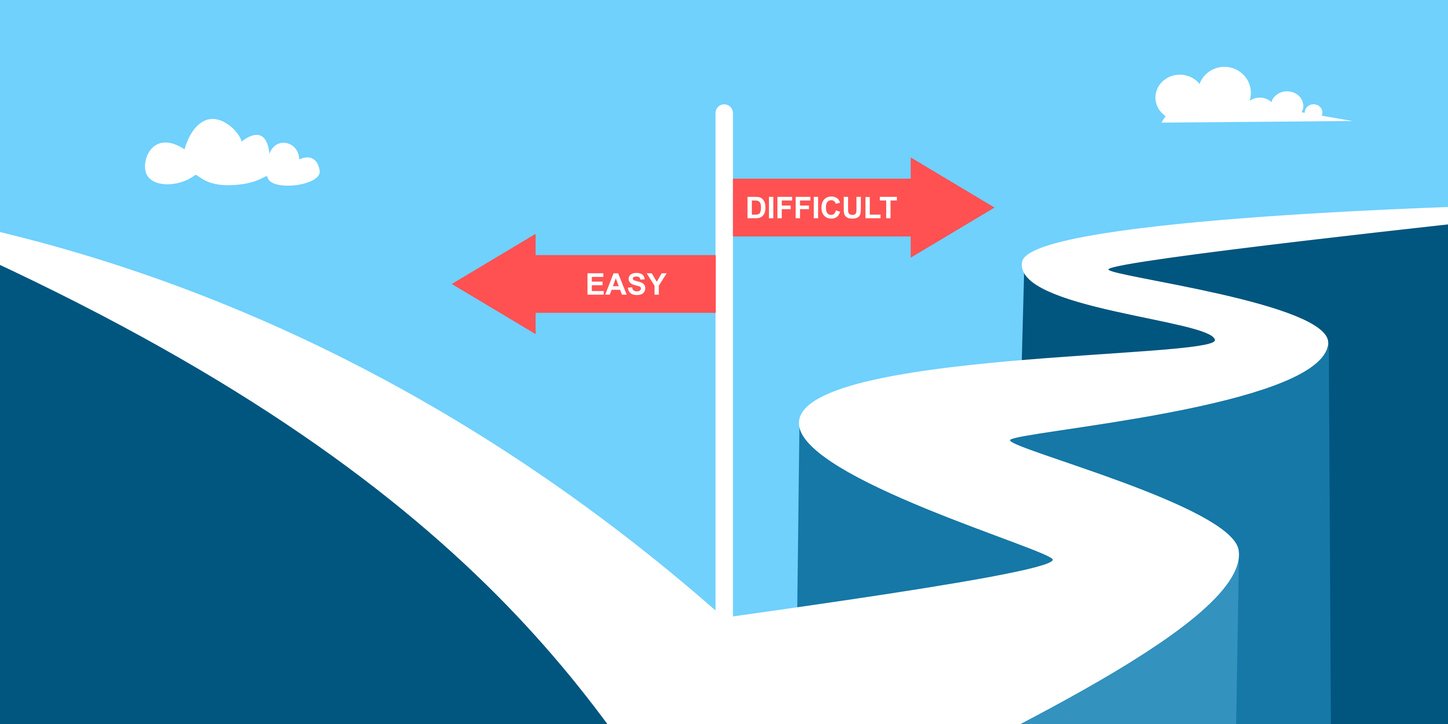Being a Founder is much, much more than just a job
Being a founder is not just a job. It is a way of being, an unrelenting pursuit of a vision that others often cannot see—much less fully comprehend. As Paul Graham noted, founders frequently feel gaslit from all sides. On one hand, they are told to run their companies like seasoned managers; on the other, they are criticized when they do exactly that. This is where the paradox of the founder’s journey begins, and why it often feels like a lonely, uphill battle.

Imagine building a plane while it is already flying. This analogy illustrates the essence of being a founder: constantly improvising, innovating, and managing turbulence, all while maintaining a vision that you believe is the key to a successful future. The intensity required to be a founder can be terrifying, even for those working alongside them. Yet, without that intensity, without that fire, the business—the very plane in mid-flight—will falter and crash.
The Distinction Between Founder Mode and Manager Mode
Operating in "Founder Mode" involves embracing the mindset and management approach of a startup founder, prioritizing agility and direct involvement. It is about breaking through or completely foregoing rigid organizational hierarchies and fostering close, dynamic collaboration across all levels of the company. In contrast, startups operating in “Manager Mode” rely on experienced, capable managers to lead teams with minimal oversight or intervention, favoring structure and stability over hands-on leadership.
The Pressure of Vision and the Founder’s Dilemma
Founders often possess a vision so unique and ambitious that it eludes those around them. Visionaries like Steve Jobs or Elon Musk were not celebrated for playing it safe—they pursued their vision with relentless fervor, often at the expense of being misunderstood or mischaracterized. This disconnect between founder and team creates friction, especially when the founder feels they need to step in and course-correct. What may seem like micromanagement or distrust to employees is, in reality, the founder’s unwavering commitment to protecting their vision.
It is no wonder that many founders wrestle with imposter syndrome. Founders often wonder if they are too extreme in their pursuit, or too disconnected from the emotions and concerns of those around them. They may second-guess their intensity, their passion, and their willingness to step in and take over when necessary. The danger? In doing so, they risk losing their edge. Passion becomes diluted, boldness is softened, and eventually, the founder’s original vision may be compromised.
This is the heart of the founder’s dilemma: Do you sacrifice the purity of your vision for the sake of comfort? Or do you continue forward, despite the inevitable friction and misunderstanding that arise when people cannot see what you see?
The Misalignment of Vision and Talent
In many cases, the real issue is not the founder’s intensity, but rather the misalignment between the founder’s vision and the people tasked with executing it. Jim Collins famously emphasized the importance of getting the “right people on the bus.” Founders, however, often find themselves with the wrong people in the wrong seats. A bad hiring decision can take months, if not years, to fully manifest. Meanwhile, the founder may feel compelled to swoop in and fix problems before they spiral out of control.

This is where the concept of “Founder Mode” comes into play. Founder Mode is not about micromanagement or control for the sake of it. It is about ensuring that the company—the plane—is flying on course. When employees are not aligned with the founder’s vision, the founder has no choice but to intervene. To stand by and allow the business to drift off course is unthinkable.
What those working with founders must understand is that this is not about control; it is about ownership. Founders have poured their lives into their vision, and they are not willing to let it be mishandled by those who do not share the same level of commitment or passion. For some, this intensity may be too much. It can be both exhilarating and terrifying to work for a founder. The highs are higher, but the lows can be crushing. The pressure to perform is relentless, and the stakes are incredibly high.
The Role of the Team: Can You Handle the Heat?
Those who work with founders must come to terms with the fact that they are signing up for a unique and challenging journey. A founder-led company will not be run like a traditional organization. The passionate swooping in, the course corrections, and the intensity of focus are all part of the package. Founders will not allow their business—their “baby”—to be harmed, no matter what the external perceptions of their actions might be.
In the words of Warren Buffett, “The best thing I did was to choose the right heroes.” The same holds true for anyone choosing to work with a founder. If you cannot handle the pressure or the perceived volatility, it is time to question whether you are in the right seat. Perhaps a role in a more established, professionally managed company would better suit you.
For founders, the solution lies in being more strategic about who they bring on board. This is why tools like job benchmarking, psychometric assessments, and hiring scorecards are so valuable. Founders must drain the market of A-players—those rare individuals who not only excel in skill but who also share the passion and vision that defines the founder’s business. With the right team in place, founders can focus less on swooping in and more on scaling their company.

Bold Action: The Key to Founders Thriving in Founder Mode
For founders, watering down your intensity will only lead to regret. Your vision is your business, and you must protect it at all costs. Do not allow the discomfort of those who cannot see what you see to steer you off course. Instead, surround yourself with people who are not only capable but willing to embrace the pressure that comes with working for a visionary. The market rewards boldness. The companies that succeed are led by founders who refuse to compromise on their vision.
To those who work with founders, know this: You are in for the ride of your professional life. There will be no greater highs and no greater lows. But the experience will transform you, and if you are ready to commit, it will be the most rewarding journey you will ever undertake. If you are not ready to embrace the intensity, step aside. There is no room for lukewarm commitment in a founder-led organization.
In the end, the difference between success and failure for a founder is not about managing perceptions or softening their approach—it is about being decisive, bold, and unwavering in their pursuit of excellence.
Chris Young is a Trusted Advisor to Founders / CEOs | Certified Scaling Up Coach | Builder of People, Leaders, Teams & Economic Moats | Strategist and proud Founder of The Rainmaker Group.




